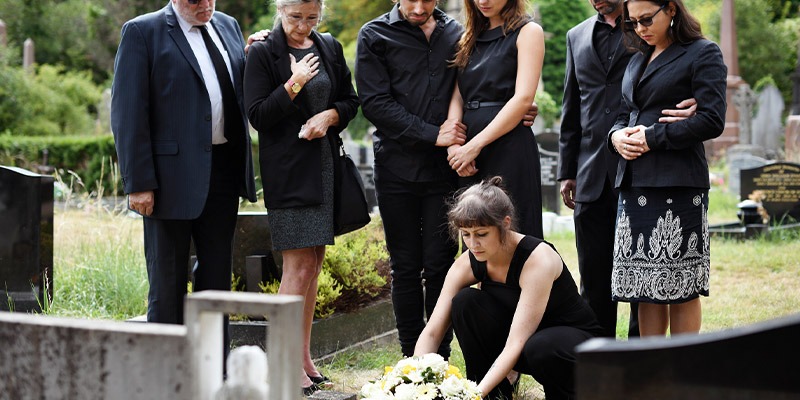What to Do When Someone Dies
After someone has passed away there are a few important steps for you to take, depending on where their death occurred. Below are some examples of steps which should be taken in different scenarios
If Someone Dies Unexpectedly
If someone dies at home and the death was unexpected, usually the police will need to be informed and the death will be recorded with the coroner. If this happens there may be a need for a post mortem to be completed to ascertain a cause of death, this then enables the Medical Certificate to be issued.. There are several useful websites which provide additional information:
www.citizensadvice.org.uk/family/death-and-wills/what-to-do-after-a-death/
Registering A Death
All deaths must be registered with the local authority where the death occurred. After the Medical Certificate of Cause of Death has been issued you can make an appointment with the local authority to register, this needs to happen before any funeral arrangements can be made and usually within 5 days of the death occurring. After the death has been registered you will be to your chosen funeral director, you will also be given a certified copy of the death certificate. At this stage it can be helpful to request extra copies of the certified death certificate. Further information available at:
www.hull.gov.uk/visitor.births-and-deaths/death-registration
www.eastriding.gov.uk/living/deaths/registration
If you have any questions or require any guidance, please don’t hesitate to contact us, or if you prefer, simply fill out the contact submission below and we’ll get in touch with you.
Preperation
With 18 years’ experience in the funeral care industry, we have helped many families, some of whom knew the wishes of the person who died; and some families never spoke about them. We truly believe that discussing your funeral wishes with your family and/or friends can make a huge difference, the wishes you leave can then simply be followed safe in the knowledge its exactly what you wanted. Any funeral wishes you decide doesn’t have to be detailed or complex, to help with this we offer a free service, to help you document any wishes you may have. We will then give you a copy to pass along to your family and we store a copy should you need it. Alternatively, we also provide pre-paid funeral plans with Ecclesiastical Planning Services, and would be happy to discuss this further with you.
Why Choose Us?
Here are just some reasons why you should choose Hornsea Funeral Services



